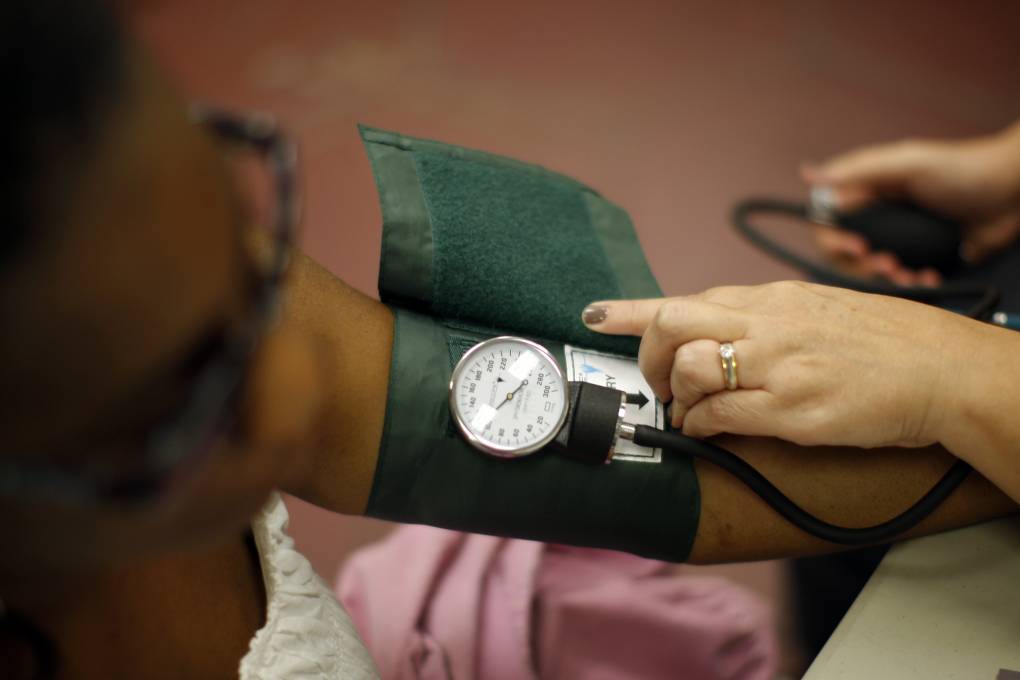Legislation that would help create a single-payer health care system in California, the first of its kind in the nation, faces a crucial test in the next week. The bill — AB 1400 — must pass the full Assembly by Jan. 31, or it’s dead.
The California Nurses Association, the state’s nurses union, is leading the effort to pass AB 1400. But the state’s largest association of doctors, the California Medical Association, opposes the bill.
“It will disrupt people’s health care at the worst possible time,” said Ned Wigglesworth, a spokesperson for Protect California Health Care, a coalition formed to oppose AB 1400. The coalition includes the California Medical Association as a member.
“It will force all 40 million Californians into a new untested state government program and will prohibit them from being able to choose private coverage even if they want it,” he said.
In nearly all previous attempts to create a single-payer health system in the United States, the fiercest objections have come from doctors, said Dr. Micah Johnson, co-author of the book “Medicare for All: A Citizen’s Guide” and a practicing internal medicine physician in Boston.
Doctor opposition to single-payer may seem counterintuitive — but Johnson said doctors cannot help but view health reform through the lens of what’s best for them as well as what’s best for their patients. To the extent they’re most concerned with changes to their own pay and autonomy, Johnson called doctors “double agents in the health reform debate for the last century.”
Johnson spoke with KQED’s April Dembosky about the history of physician opposition to single-payer.
The following interview has been edited for length and clarity.


